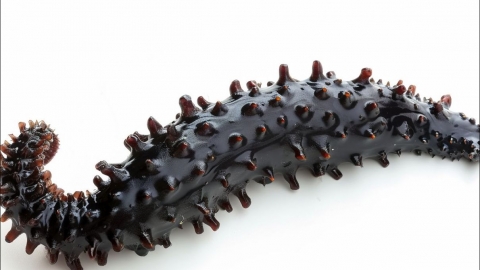Can people with high creatinine levels eat sea cucumbers?
People with high creatinine levels can eat sea cucumbers when kidney function is only mildly impaired and consumption is controlled. However, sea cucumbers should not be consumed when kidney function is severely impaired or if consumption would be excessive. If abnormalities occur, prompt medical attention is advised. Detailed explanations are as follows:

If creatinine levels are only mildly elevated and kidney function remains in the compensatory stage, without significant proteinuria, edema, or other symptoms, small amounts of sea cucumbers may be consumed. Sea cucumbers are rich in high-quality protein, which can provide essential nutrients to the body and are relatively easy to metabolize when kidney function is still adequate, thus imposing minimal burden on the kidneys. Consumption should be controlled, with each serving not exceeding 50 grams, and prepared using light cooking methods such as steaming.
When creatinine levels are significantly elevated, kidney function has entered the decompensation stage, or symptoms such as severe proteinuria, edema, and hypertension are present, eating sea cucumbers is not recommended. At this stage, kidney filtration function is reduced, and a high-protein diet increases the burden on the kidneys, potentially accelerating deterioration of kidney function. The high protein content of sea cucumbers increases metabolic waste in the body, further exacerbating elevated creatinine levels and hindering disease management.
Individuals with high creatinine levels should consult their physician before consuming sea cucumbers, adjusting their diet based on kidney function test results, such as glomerular filtration rate (GFR), and physical symptoms. Protein intake should be strictly controlled; under medical guidance, small amounts of sea cucumbers may be consumed as part of a low-protein diet, while closely monitoring changes in creatinine and proteinuria levels.







